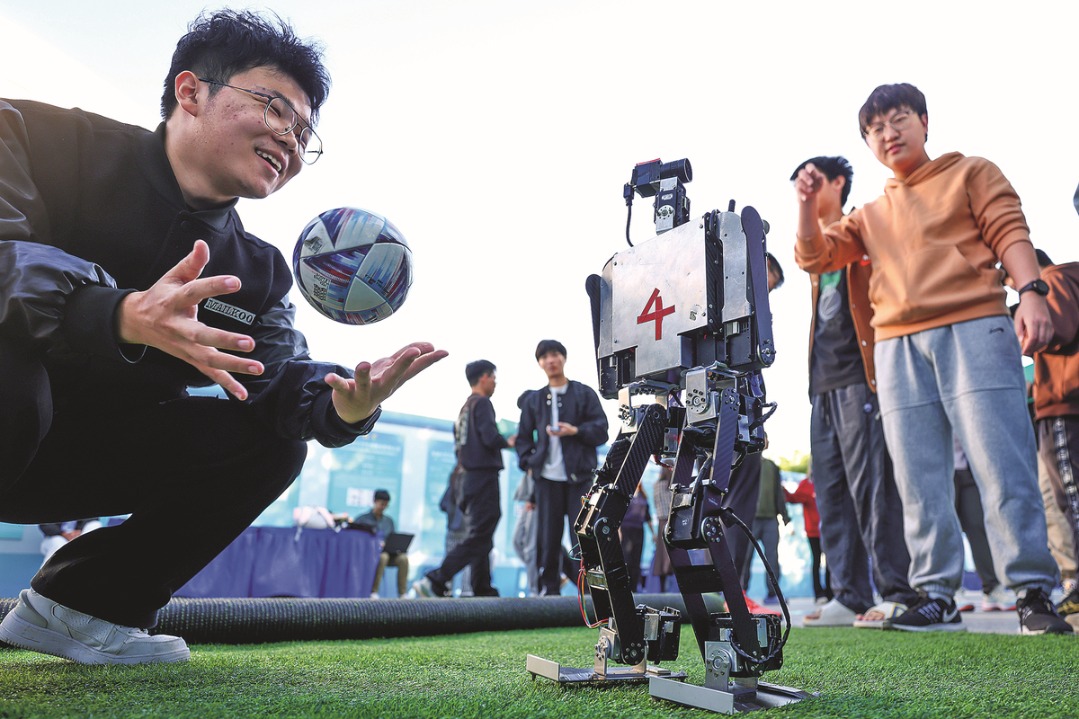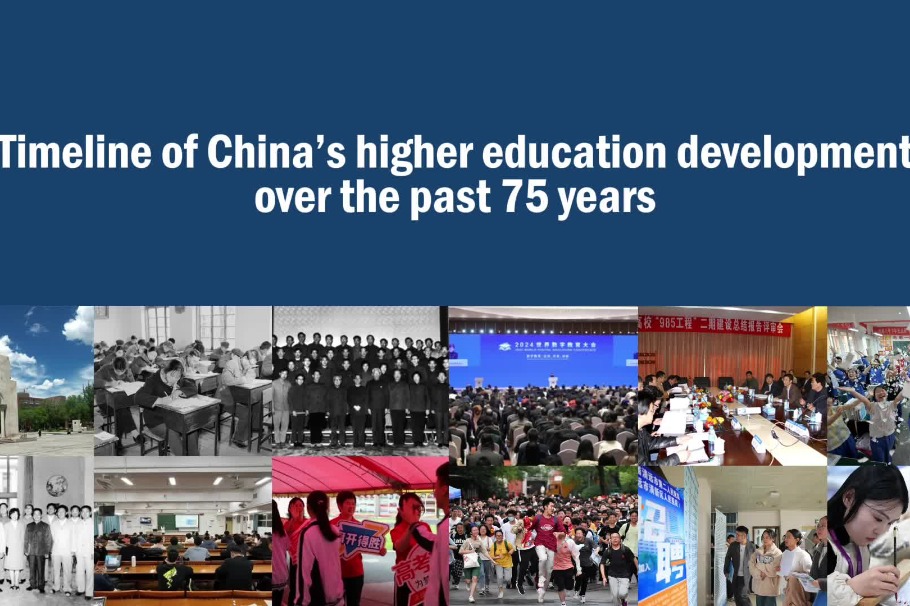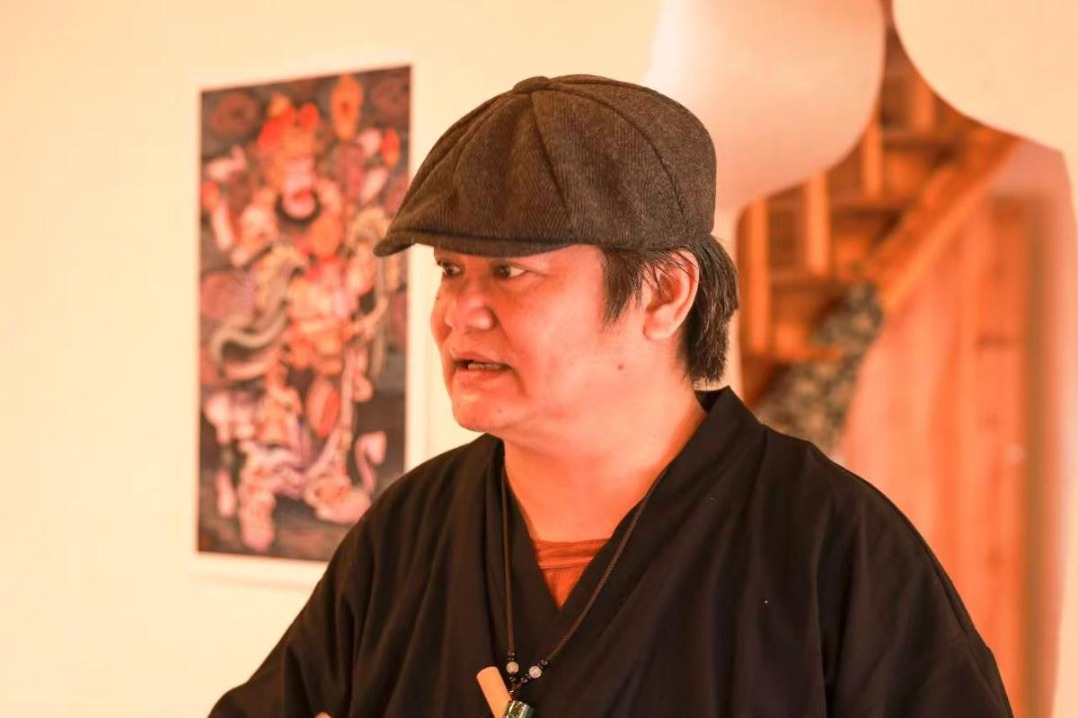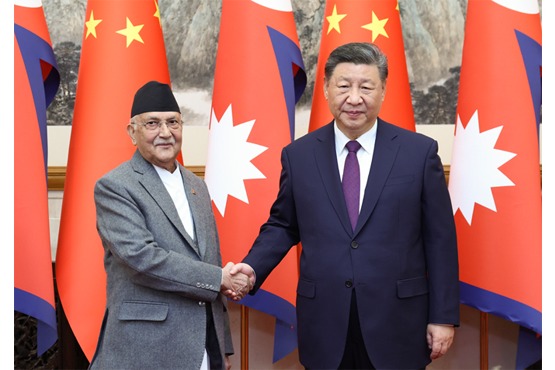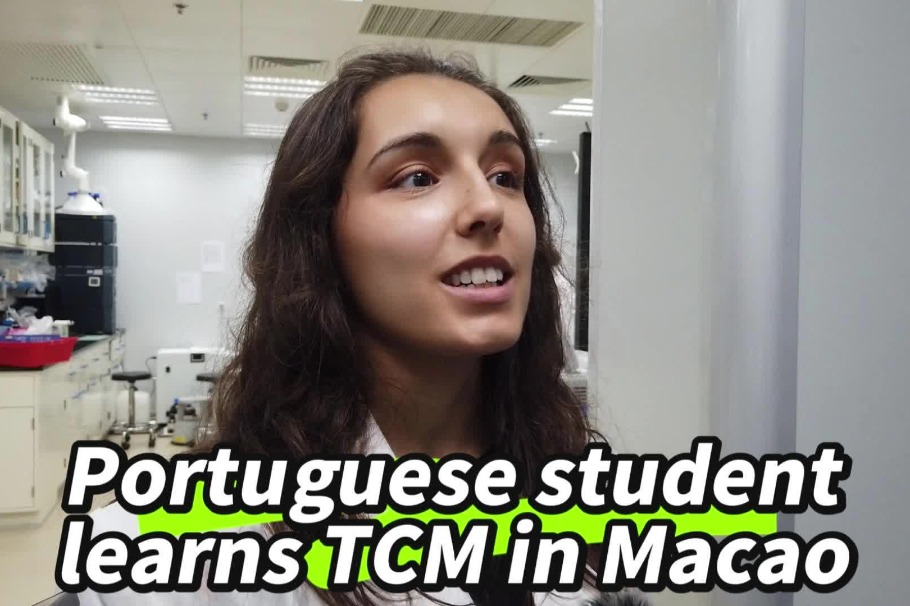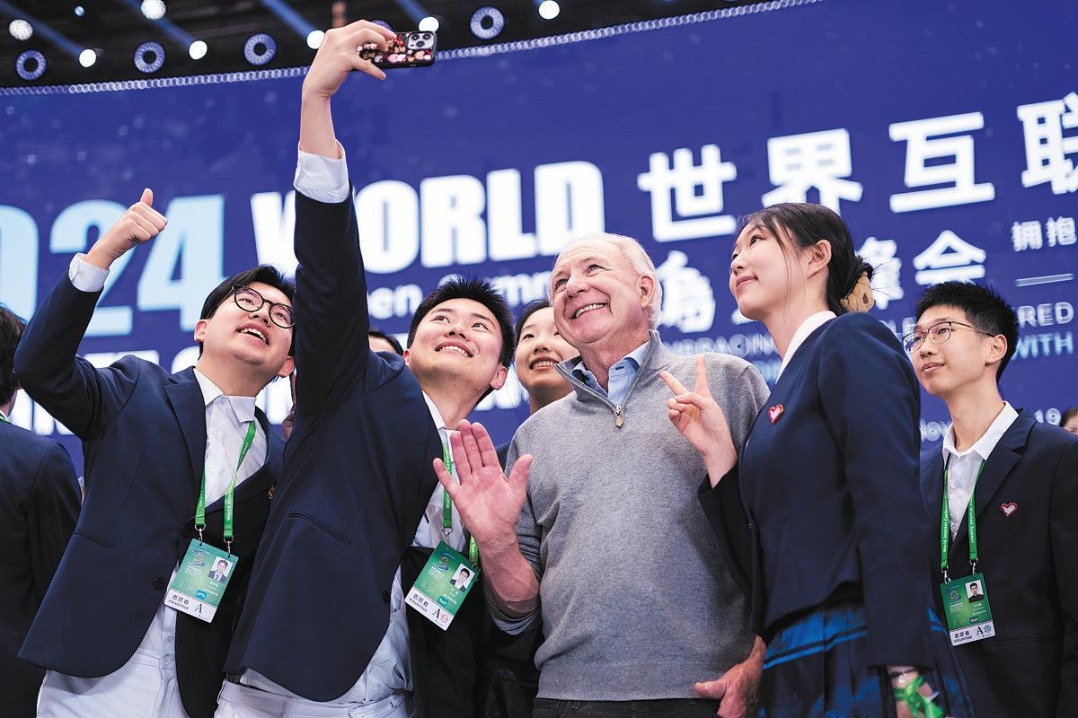TCM experts seek more young talent

Traditional Chinese medicine experts have highlighted the significance of reinforcing the understanding of rudimentary TCM theories while nurturing the innovative capabilities of potential practitioners during an event on Wednesday.
Official data shows that by the end of last year, China had 868,000 certified TCM practitioners at medical institutions nationwide and had honored more than 300 prominent or renowned TCM professionals.
Tang Zhishu, president of the Beijing University of Chinese Medicine, said that rapid technological advances have created challenges for nurturing TCM talent, which is a time-consuming process.
Meanwhile, there is a lack of innovative prowess in the TCM field and more efforts are needed to tap into TCM therapies' role in treating major diseases, he said during a parallel session of the 2024 World Conference on Traditional Medicine that ran from Tuesday to Wednesday in Beijing.
To nurture a group of innovative and capable TCM practitioners, Tang said the university has hired renowned professionals to guide students and has strived to nurture both their clinical and scientific research abilities and create courses that integrate classical theories and clinical capacity.
To step up cross-cultural communication abilities, the university has also sent 60 to 90 students each year to Nanyang Technological University in Singapore and offered several short-term exchange programs or summer school options overseas.
"We are also striving to promote the data-sharing of senior TCM practitioners' treatment records, and using digital technologies to demonstrate their diagnosis and treatment logic and summarize their experiences," he said.
Zhang Boli, academician of the Chinese Academy of Engineering and honorary president of the Tianjin University of Traditional Chinese Medicine, said that China has set up 30 high-quality TCM centers, 56 international cooperation facilities and 15 TCM Confucius Institutes or classrooms overseas.
He said that efforts have been made to construct a standard system for TCM education, such as devising a syllabus of core courses and issuing academic certification guidelines.
Zhang suggested strengthening the internalization of basic TCM principles in education, such as seeing the human body as an organic whole and achieving an internal balance within the body.
"Training of TCM practitioners should stress reading of classics, on-the-ground clinical practicing, following experienced TCM professionals and reinforcing comprehension abilities," he said.
The Beijing University of Chinese Medicine has recently signed a memorandum of understanding with the department of physiology, anatomy and genetics at the University of Oxford in the United Kingdom.
David Paterson, head of the department at Oxford, said the memorandum is aimed at starting a conversation of cooperation between the university in China and his department to research TCM compounds in a cardiovascular system.
He said there will be opportunities for Chinese students to come to his department to work in the lab and gain more experience with the model system at Oxford.
He said that for Chinese students to have overseas experiences, it is important for them to have good English skills and be equipped with basic cell biology and cell physiology knowledge.

















